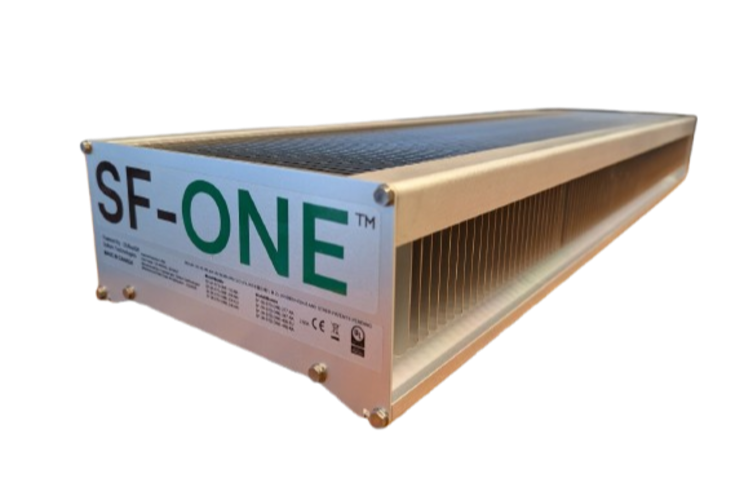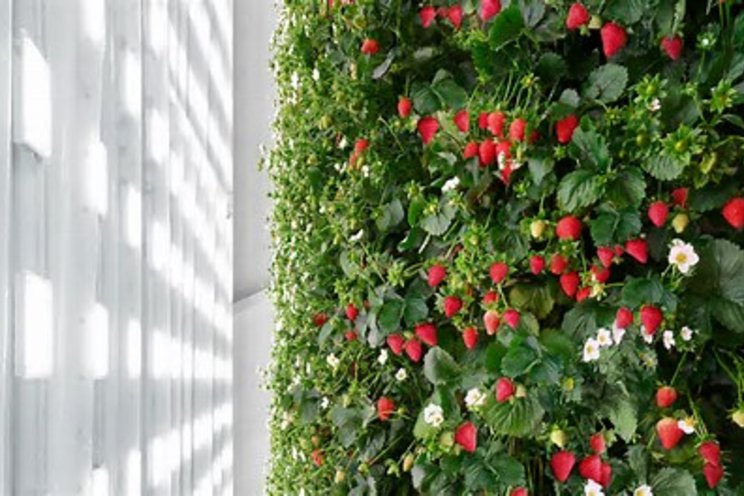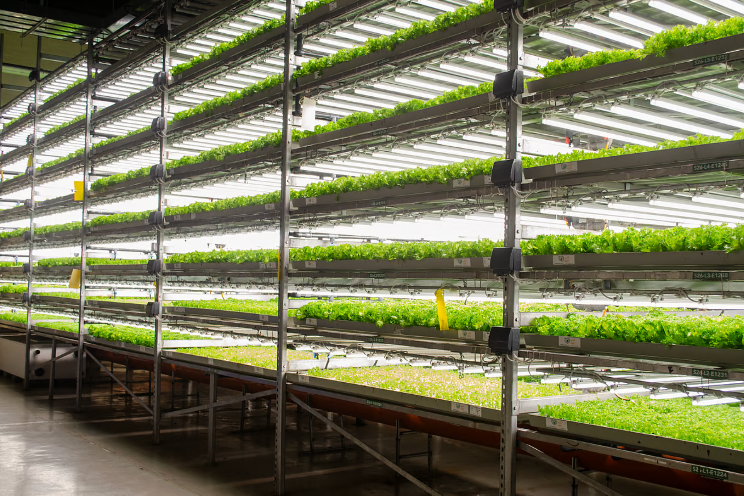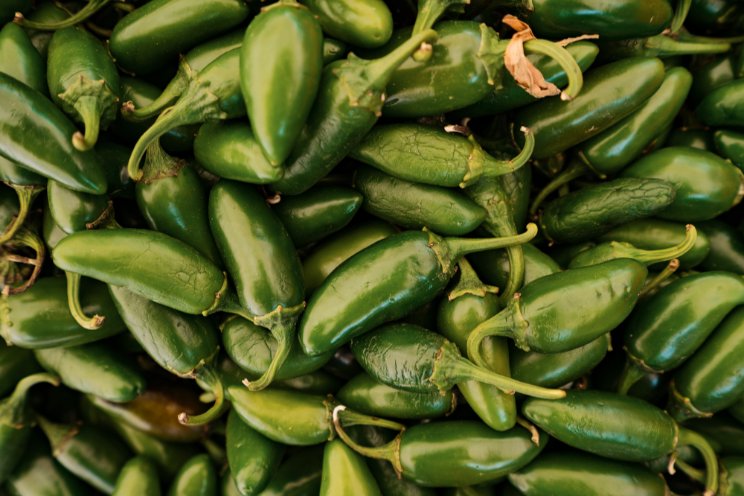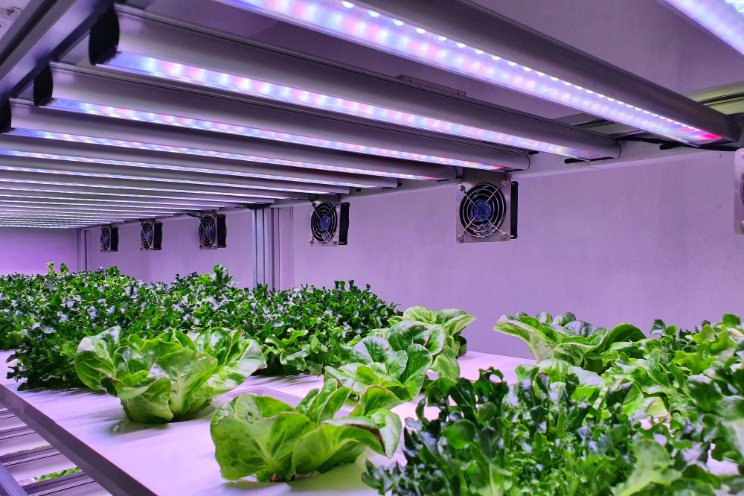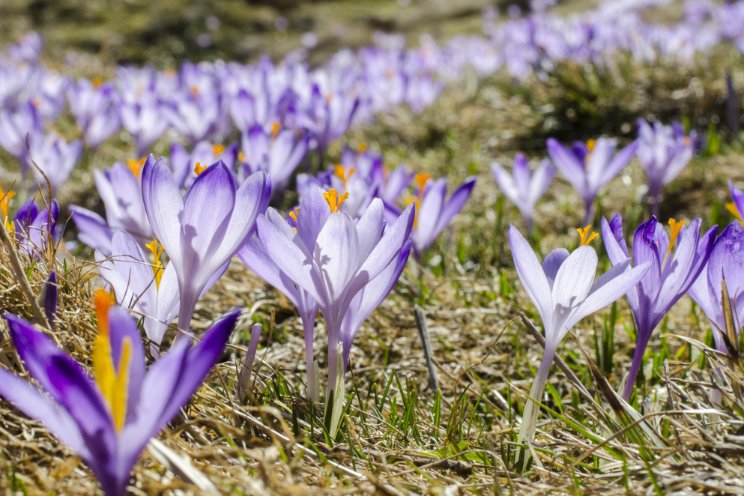Who owns the data generated from smart farming?
Added on 12 September 2023
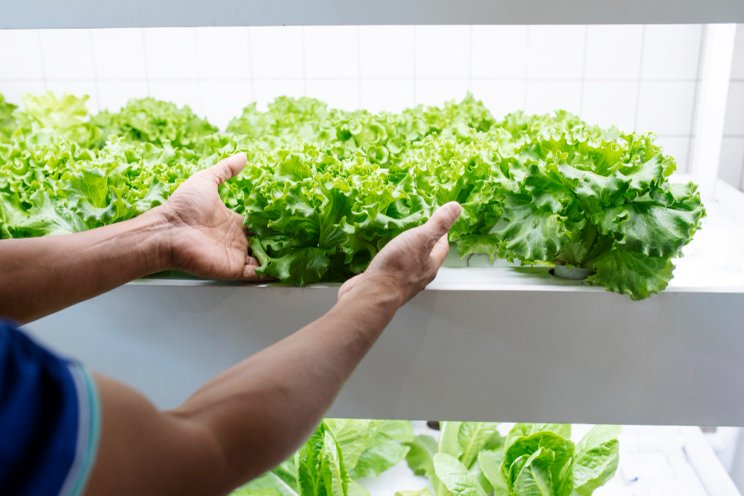
The global population is expected to rise to 9 billion by 2050 and it is becoming increasingly necessary for the agricultural industry to also work, or farm, ‘smarter’ to meet the predicted 70 per cent increase in food production required to feed this population growth.
However, the transformation required now comes with unprecedented hurdles such as climate change, limited availability of fresh water and arable farming land, and reduced labour due to fewer people entering the farming industry.
Smart farming has grown in popularity as a response to these growing demands and hurdles. Considered the future of farming, it utilises information and data technologies to optimise agricultural practices; examples include the use of sensors, drones and automated machinery.
These technologies produce data and metrics which give farmers access to consistent information on all stages of crop production and status of livestock. It also enables farmers to apply such data to evaluate agricultural practices and make future decisions to preserve resources, minimise environmental impact and improve efficiency in a sustainable manner.
Image by Freepik
More news
